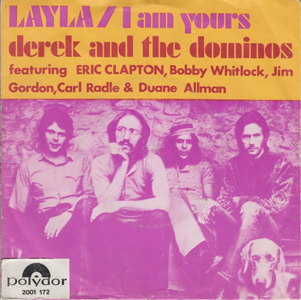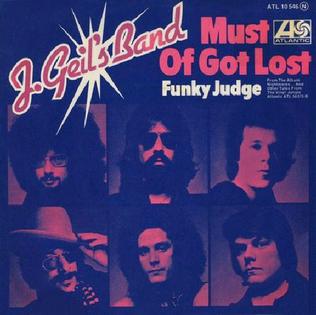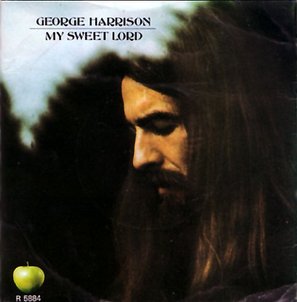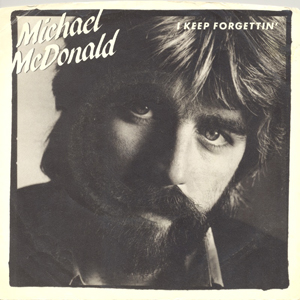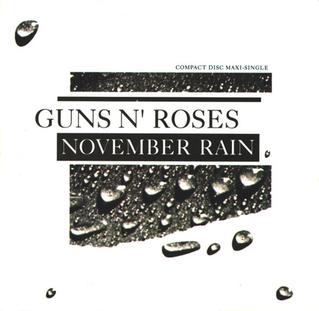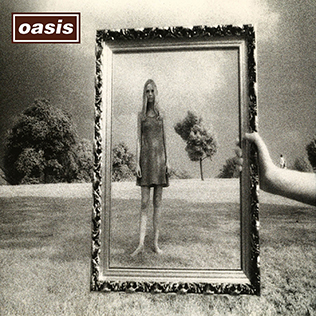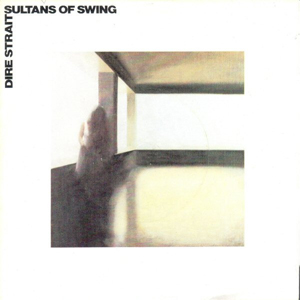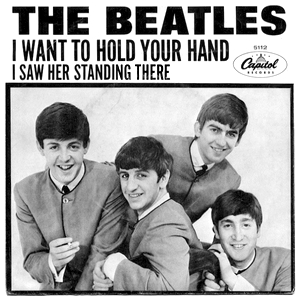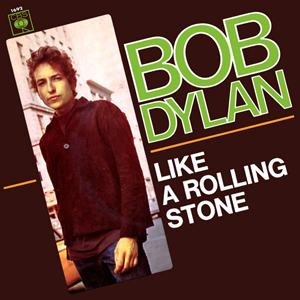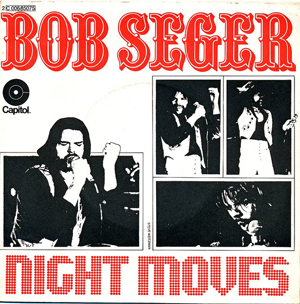Eric Clapton stands as a towering figure in the realm of music, his guitar prowess and soulful vocals leaving an indelible mark on the landscape of rock and blues. From his early days with The Yardbirds and Cream to his solo career, Clapton has continually redefined the boundaries of guitar playing, weaving intricate melodies and emotive solos that resonate with audiences across generations.
At the heart of Clapton’s music lies a raw authenticity, a testament to his deep-rooted love for the blues. Songs like “Layla,” “Tears In Heaven,” and “Sunshine of Your Love” not only showcase his technical brilliance but also his ability to infuse each note with profound emotion. His music transcends mere entertainment, offering listeners a cathartic experience that speaks to the complexities of the human condition.
Beyond his musical contributions, Clapton has also been involved in various philanthropic endeavors. His most notable effort is perhaps the creation of the Crossroads Centre in Antigua, a rehabilitation facility dedicated to helping individuals overcome addiction. Having battled addiction himself, Clapton’s commitment to supporting others on their journey to recovery underscores his compassion and empathy.
However, Clapton’s legacy is not without controversy. Accusations of xenophobia, racism, and anti-science sentiments have cast a shadow over his career. His inflammatory remarks in the past have sparked widespread criticism and prompted many to reevaluate their support for him. While his musical achievements are undeniable, it’s essential to acknowledge and address the problematic aspects of his persona.
As listeners engage with Clapton’s music, they are encouraged to appreciate the artistry while also confronting the complexities of the artist behind it. While his contributions to music are undeniable, it’s crucial to approach his legacy with nuance and critical reflection. Ultimately, Eric Clapton’s journey serves as a reminder that even the most revered figures are not immune to scrutiny, and that true appreciation requires an acknowledgment of both the brilliance and the flaws.
Follow Tunes du Jour on Facebook
Follow Tunes du Jour on Twitter
Follow me on Instagram
